TABLE OF CONTENT:
INTRODUCTION:
HINDUISM IS THE BEST ANTIDOT TO MARXISM
MUSLIM LEADERS WHO WERE IN FAVOUR OF EGALITARIANISM BEFORE THE PARTITION
HINDUISM AND MARXISM IN SHASHI THROORŚ NOVEL "THE RIOT"
Hinduism is great for encouraging social peace
INTRODUCTION
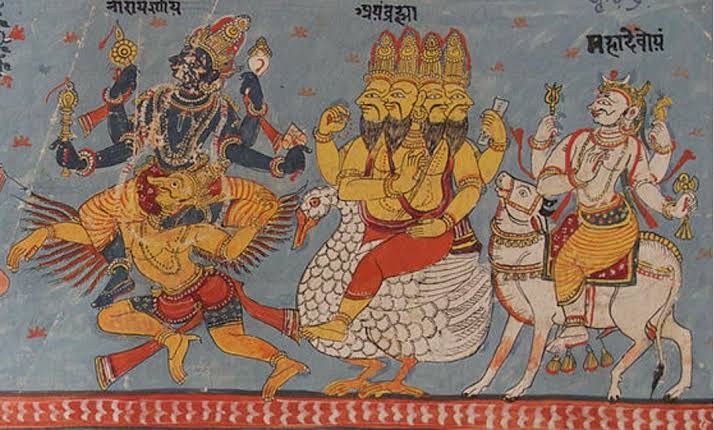
To begin, it is vital to recognize that Hinduism is a complicated religion with a wide range of ideas and practices. Although the concepts of both rebirth and karma are essential to several Hindu traditions, they are not universally accepted or interpreted. This idea motivates people to behave morally, fairly, and compassionately with others. It additionally emphasizes that one should stay away from seeking revenge and instead, surrender judgment to the workings of the universe. Though a few Hindus think that hardship in this life's journey is a consequence of sins committed in a previous life, this doesn't always mean that such religion promotes societal peace. Indeed, one might claim that these assumption frameworks could support a caste system by saying that people raised in lower socioeconomic classes are there due to their deeds in previous lives.
Hinduism is the best antidote to Marxism
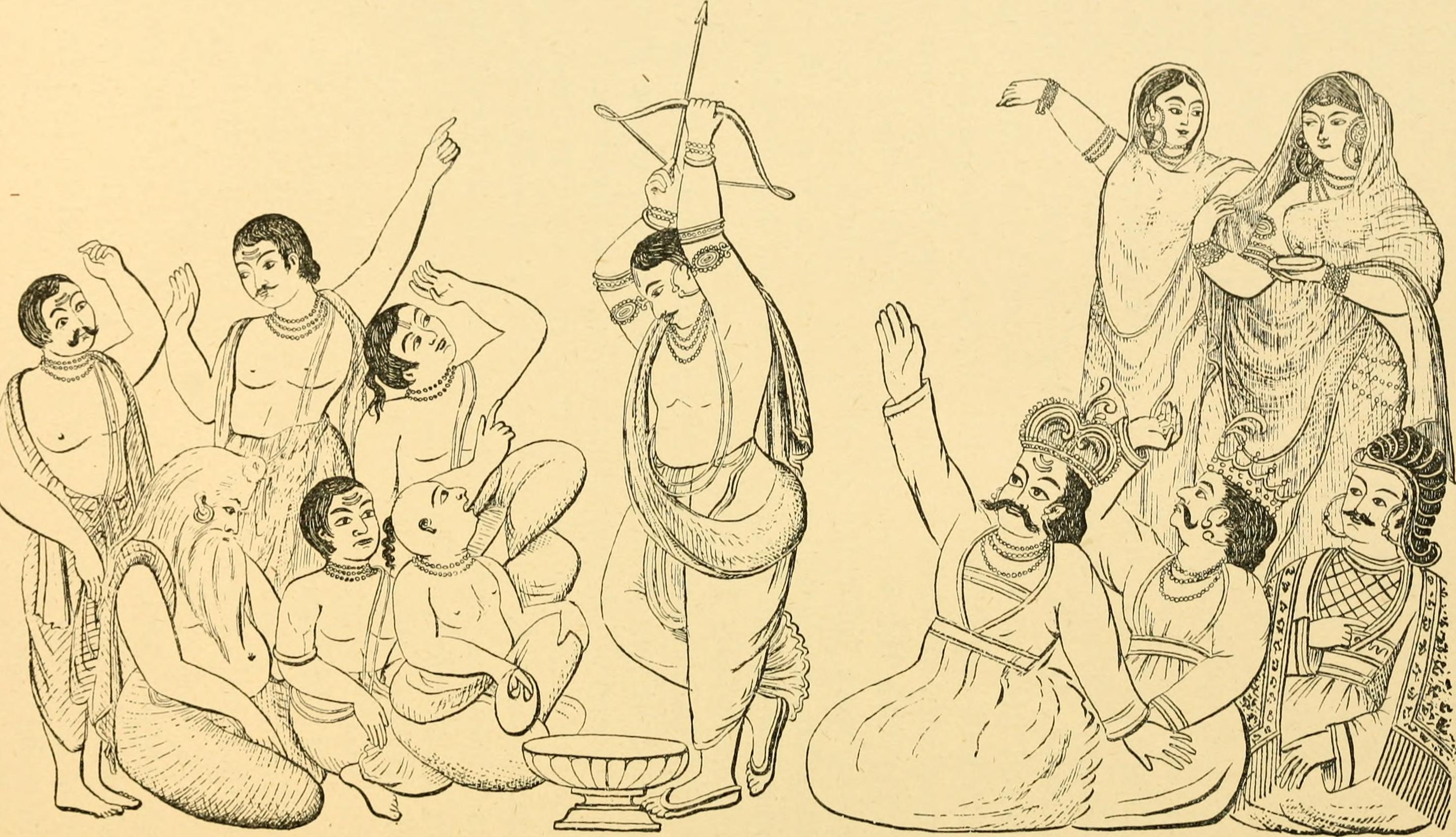
In addition, the argument that Hinduism is the most effective antidote to Marxism is controversial and subject to various influences, including social and political settings. Marxism is the practice of handling others wrongfully and profiting through them. It is critical to recognize that Hinduism and Marxism address various parts of society as well as each has its own set of strengths and weaknesses. Hinduism is a spiritual and ideological philosophy that contains ideas like dharma means duty and moksha mean liberation, whereas Marxism is founded on the concept of social conflict, the struggle of class, and the necessity to overcome the capitalist system. However, there have been different opinions and attitudes towards Marxism among Hindus. Atheists and rejection of established religious beliefs are two Marxist concepts that some Hindus have criticized. Some Hindus may consider Marxist ideology to be unresolved with their own beliefs because Hinduism is a varied religion with many distinct divisions and schools of thought, they have a rank system some of the casts are divided into upper-rank categories while some are distributed in middle-rank and few are included in the lower rank category. However, some Hindus have also adopted Marxist theories, particularly those that deal with social justice and equality. Hindu socialism supporters who believe in the well-being of the underprivileged and excluded have attempted to bring Marxist theories into Hindu philosophy.
MUSLIM LEADERS WHO WERE IN FAVOUR OF EGALITARIANISM BEFORE PARTITION:
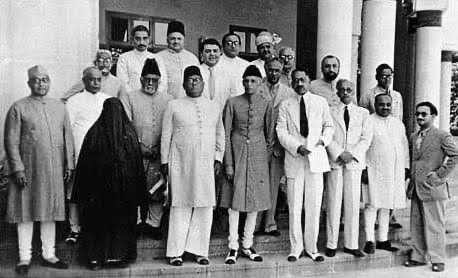
It is incorrect to think that Muslims are inherently egalitarian or that their faith encourages communism or socialism. Their political sympathies and ideas emerged from a variety of complicated factors that are understood only by their religious upbringing. It can be hard to figure out precisely the amount of famous communists who were Muslims before Separation. It is important to remember, however, the Muslims made significant improvements to the communist cause in India. In pre-Partition India, influential Muslim communists were Sajjad Zaheer, Muzaffar Ahmad, and Mohammad Ali Jauhar. These people were instrumental in forming the Communist Party of India and actively promoted communism among Muslims. Jauhar's involvement with Marxism may be linked to his duration spent studying at Cambridge University in England when he was exposed to socialist and Marxist ideologies. He was especially impressed by the 1917 Russian Revolution and believed that Marxism might help India achieve social and economic equality. Jauhar was a strong supporter of women's rights and thought that education was crucial for women. In 1927, he established the All-India Muslim Women's Conference and fought to raise the position of women in Indian society.
Hinduism and Marxism in Shashi Tharoor's novel "Riot,"
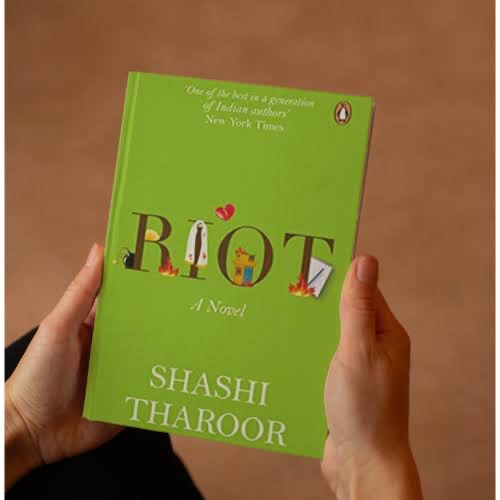
In terms of the relationship between Hinduism and Marxism in Shashi Tharoor's novel "Riot," is vital to keep in mind that the story examines the ethnic conflicts and violence that occurred in India after its separation in 1947. Marxist principles are evident in "Riot," a novel. The story shows a society with a distinct gap between the rich and the poor, with the wealthy enjoying luxurious lifestyles while those with limited resources struggle to make ends meet. The novel also examines the principle of egalitarianism, which holds that all people should be treated equally irrespective of their upbringing or social rank. Marxists believe that eliminating the governing class and establishing a system in which everyone has equal access to resources is the only way to attain a truly egalitarian society, which is why egalitarianism and Marxism are closely related.
Conclusion:
In conclusion, we can say that in the Hindu religion, there are many divisions as to why they are somehow against Marxism. Also, we have talked about how Hindus are treating those people who are born in lower class families or those who are struggling with their luck, they consider them bad in their religion and also mistreat them. We have also talked about those personalities who had worked for egalitarianism in which Muhammad Ali Jauhar is the most prominent who had also worked for women’s freedom. He was in favor of equal rights. In the end, we have discussed the concept of Marxism and egalitarianism in the novel “riot”, While it is impossible to determine with certainty how egalitarianism and Marxist theory apply to the novel "Riot," it is evident that these concepts are at least present in the work and may be utilized to shed light on some of its themes and issues.

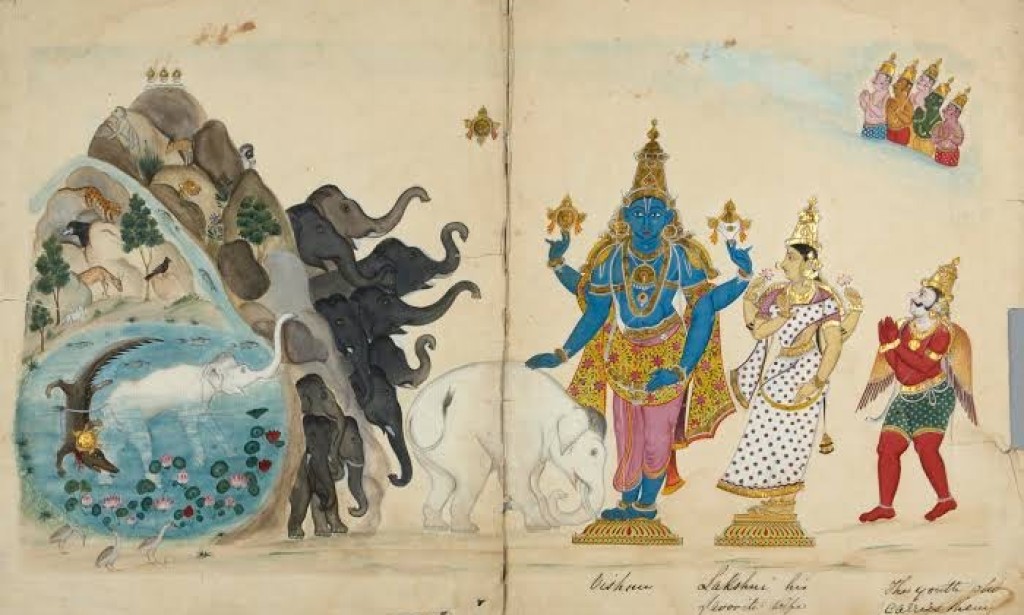
You must be logged in to post a comment.